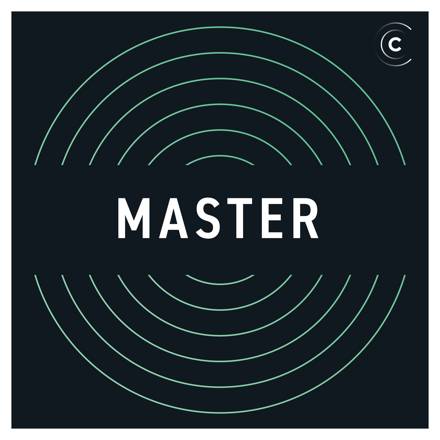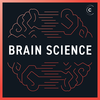The science behind caffeine
Today’s episode features our very first guest. We’re joined by Danielle Rath, a notable expert and product developer in the caffeine and energy drink industry. Danielle is the founder of GreenEyedGuide Research and Consulting where she shares science-based information about energy drinks and caffeine, and helps people and companies where fatigue and caffeine use are prevalent. In this lengthly episode, we talk through all aspects of the science behind caffeine — its chemical structure and half-life, where and how it’s being used, the good, bad, and the ugly, as well as practical advice for everyday consumption. If you consume caffeine of any sort, this is a must listen episode.






